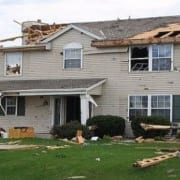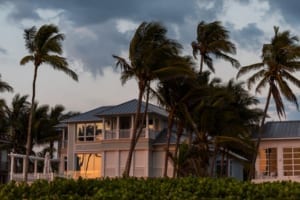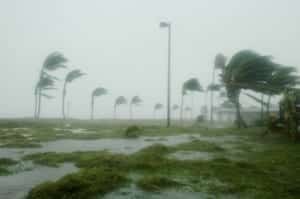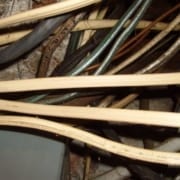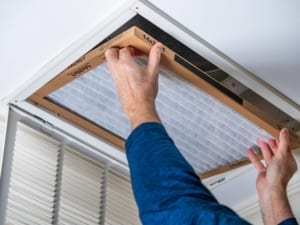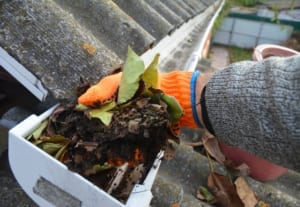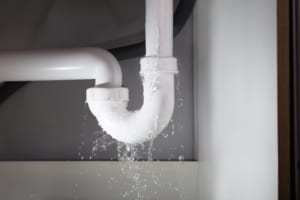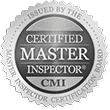Wind Mitigation and Homeowners’ Insurance
If you live in Florida, then you have probably heard about wind mitigation – the process of
implementation of specific building methods and techniques focused on limiting and reducing the
damage that comes as a result of intense winds.
Unfortunately, Florida has a long history of hurricanes. According to official statistics, the State of
Florida has been hit by over 200 hurricanes in the last 150 years. In addition, the occurrence of strong
winds that cannot be classified as hurricanes (under 74 miles per hour) can cause damage to buildings
too and these strong winds are not rare in Florida.
What does wind mitigation include?
The wind mitigation techniques are focused on different parts of the home. For instance, they are
reinforcing the garages by strengthening the windows, checking door-track strength and more.
Furthermore, replacing glass doors with impact-resistant doors is another great technique that can
protect homes against strong winds. Roof deck attachments, roof shape, roof covering, secondary water
resistance, protection of openings – these are just some of the many wind mitigation techniques used
today in Florida.
Wind mitigation and homeowners’ insurance – is there any connection?
The answer to this question is affirmative. The insurance rates are closely related to the level of risk
associated with a certain item – in this case, homes. So, to put it in simple words, insurance is focused
on evaluating and handling risk. Obviously, if you live in an area where strong winds are able to cause
damage to your property like Florida, you should expect higher homeowners’ insurance rates. However,
by using wind mitigation techniques, you will be able to cut these expenses.
Wind mitigation techniques are used to make any home less vulnerable to the risks brought by strong
winds. By taking good care of the windows, doors, walls, and roofs, your home can be prepared for
these winds.
Using wind mitigation inspection
In order to reduce the homeowners’ insurance rate, you should call a professional home inspector that
provides wind mitigation inspection. The main objective of an inspection like this is to find out the
preparedness of a home to deal with strong winds. A wind mitigation inspection will analyze the
features of the building that are usually affected by hurricanes and strong winds like concrete block
construction, hip roof, the presence or absence of shutters and similar protective items for the
openings, and few other things.
A Florida homeowner looking for homeowners’ insurance can provide the results of the wind mitigation
inspection to the insurance company in order to get discounts. Of course, if you want to get discounts
like this, you should follow the recommendations of the home inspector you have hired. These
professionals will suggest changes, upgrades, and repairs in your home that will make it harder for
almost any type of wind to cause damage. Those interested in using wind mitigation inspection services
should look for a licensed home inspector with experience in this field. By doing this, they can
significantly reduce the cost of homeowners’ insurance and protect their homes.
(1) https://fcit.usf.edu/florida/lessons/hurricane/hurricane.htm
(2) https://www.floridadisaster.org/Mitigation/Documents/Wind%20Mitigation%20Booklet%20.pdf
